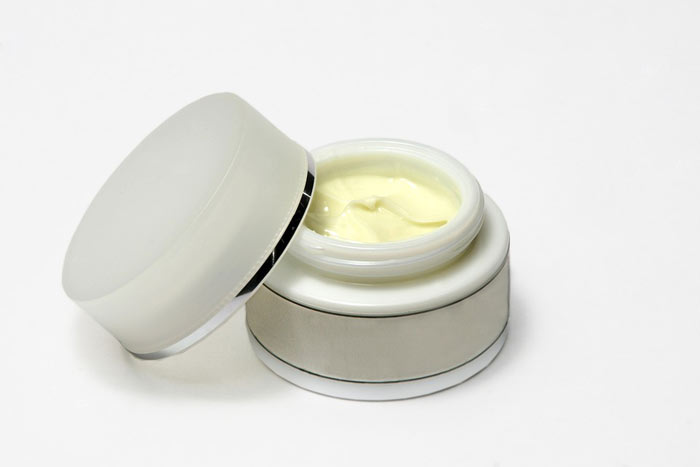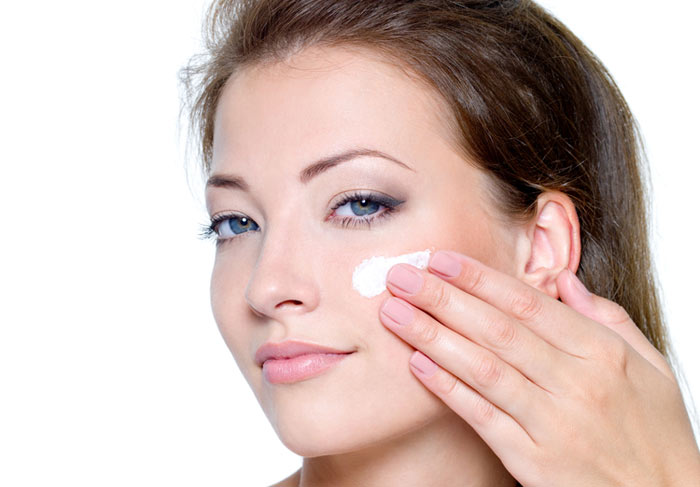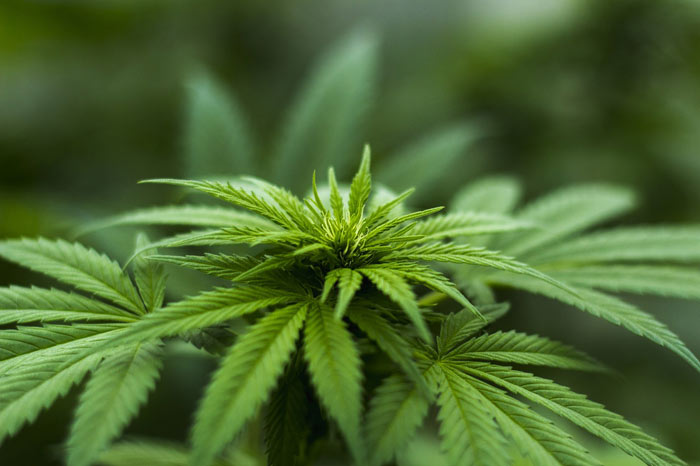Skin disorders like acne and psoriasis are made all the more frustrating since there’s no obvious cure. There may be an array of treatments and skin care serums on the market, but many are ineffective, and some can even end up aggravating the skin – Roaccutane, for example, is known to exacerbate dry skin issues. But CBD creams promise a new beginning in a skincare and hope for those with acne and psoriasis thanks to the unique interactions the compound makes in the body.

The discovery of the endocannabinoid system (ECS) could be the most significant development in understanding skin disorders. This remarkable network can affect the skin because cannabinoids receptors are present. The ECS controls the inflammatory responses of skin so that the sebaceous glands do not produce an excess of sebum. The system also helps ensure that new skin cells can be generated and that old cells can be shed without damaging the epidermis, the top layer of the skin.
But before we go further into these skin conditions, let’s look at how suffering from acne and psoriasis can have a harmful effect on mental health, and how CBD may improve wellbeing.
The effect of acne and psoriasis on mental health
Suffering from a skin disorder can seriously knock a person’s confidence, especially if it’s prevalent all over the body or worse in an important aesthetical area, such as the face. Research into psoriasis and mental health has found that patients with the condition are 50 percent more prone to depression than the rest of the population. And without a clear working treatment, this can lead to a loss of hope, and a spread of negativity that leads to a diminished quality of life.
However, CBD may have a two-pronged effect for those with a skin condition and a mental health issue. A skin serum infused with the cannabinoid may help to reduce the severity of the complaint, while the compound’s mood-enhancing qualities could have a positive effect on mentality in all aspects of life.
Treating acne with CBD
Acne is associated with teenagers and young adults, and it’s true that the condition affects these age groups more than most. In fact, a study recently suggested that between 80 to 90 percent of teenagers in the Western world are affected by acne in some way. More than 600 million people suffer from acne worldwide, a disease that causes the sebaceous glands in the skin to over-produce sebum.
Sebum is an essential oil for the skin – it helps with lubrication and to protect from external threats. Sebum helps with the process of shedding dead cells by bringing them up to the surface of the skin. But unfortunately, the inflammatory response that orders the production of sebum sometimes gets out of control, and the excess sebum that is created leaves the skin overly oily, which causes clogged pores. This leads to an accumulation of dirt and bacteria on the skin.
The build-up of bacteria eventually results in inflammation and possibly infection – many acne patients suffer from redness, sometimes exacerbated by itching, which makes the skin look worse. The immune system attempts to treat bacterial infection by signalling white blood cells to the affected part of the skin. But these white blood cells are typically ineffective and lead to the formation of pustules, or pimples.
Acne has baffled researchers and dermatologists for many years, as they have been unable to understand the mechanisms in the skin well enough to find a sufficient treatment. However, knowing that the endocannabinoid system can regulate inflammation and that the skin contains cannabinoid receptors has given experts a new target.
For the body to be in homeostasis, it’s crucial that the sebaceous glands are producing the correct amount of sebum. The role of endocannabinoids in regard to the immune system is to stop unnecessary inflammation, however, when the body doesn’t have enough endocannabinoids, it is unable to do it. CBD is not a replacement for endocannabinoids but works to increase the amount of anandamide by blocking the enzyme that degrades it (FAAH enzyme).
CBD also helps to stop too many white blood cells being unnecessarily sent to the skin to treat an infection – these cells only end up increasing the probability of pimples. CBD is anti-fungal, anti-microbial and anti-bacterial and can, therefore, help to treat skin infections on its own.
Treating psoriasis with CBD
 After much deliberation, experts have concluded that psoriasis is an autoimmune disease. The condition causes inflammation of the skin, with cytokines (pro-inflammatory proteins) one of the culprits. But CBD can help to alleviate this autoimmune condition, by reducing inflammation via the endocannabinoid system.
After much deliberation, experts have concluded that psoriasis is an autoimmune disease. The condition causes inflammation of the skin, with cytokines (pro-inflammatory proteins) one of the culprits. But CBD can help to alleviate this autoimmune condition, by reducing inflammation via the endocannabinoid system.
The moderating effect that CBD has on the immune system has sparked interest among psoriasis researchers. If the levels of inflammation can be controlled, then naturally the symptoms of psoriasis are not going to be so pronounced. CBD stops the immune system from damaging the skin due to overactivity, inhibiting cytokines.
There remains a lack of substantial research on cannabis and psoriasis, and it’s important to realize that the endocannabinoid system is a new frontier for biological science. However, the anecdotal reports of psoriasis patients benefitting from cannabidiol therapy is a solid indication that the ECS influences psoriatic symptoms. Those with psoriatic arthritis may also be helped from anti-inflammatory CBD.
Psoriasis causes skin cells to rise to the top of the skin in just three or four days, almost ten times faster than the usual 30 days. This rapid build-up of cells on the epidermis is too much for the skin to deal with, but CBD’s modulating effect on the skin cycle could hold the key to managing this psoriatic symptom.
Experimenting with CBD
 This article is meant as informational and educational, and not as medical advice. CBD is safe to self-medicate with, however, if you have an unusual skin complaint then before you try an infused skincare product, consider consulting with a doctor. CBD products do not contain tetrahydrocannabinol (THC), so do not have a psychoactive effect.
This article is meant as informational and educational, and not as medical advice. CBD is safe to self-medicate with, however, if you have an unusual skin complaint then before you try an infused skincare product, consider consulting with a doctor. CBD products do not contain tetrahydrocannabinol (THC), so do not have a psychoactive effect.










